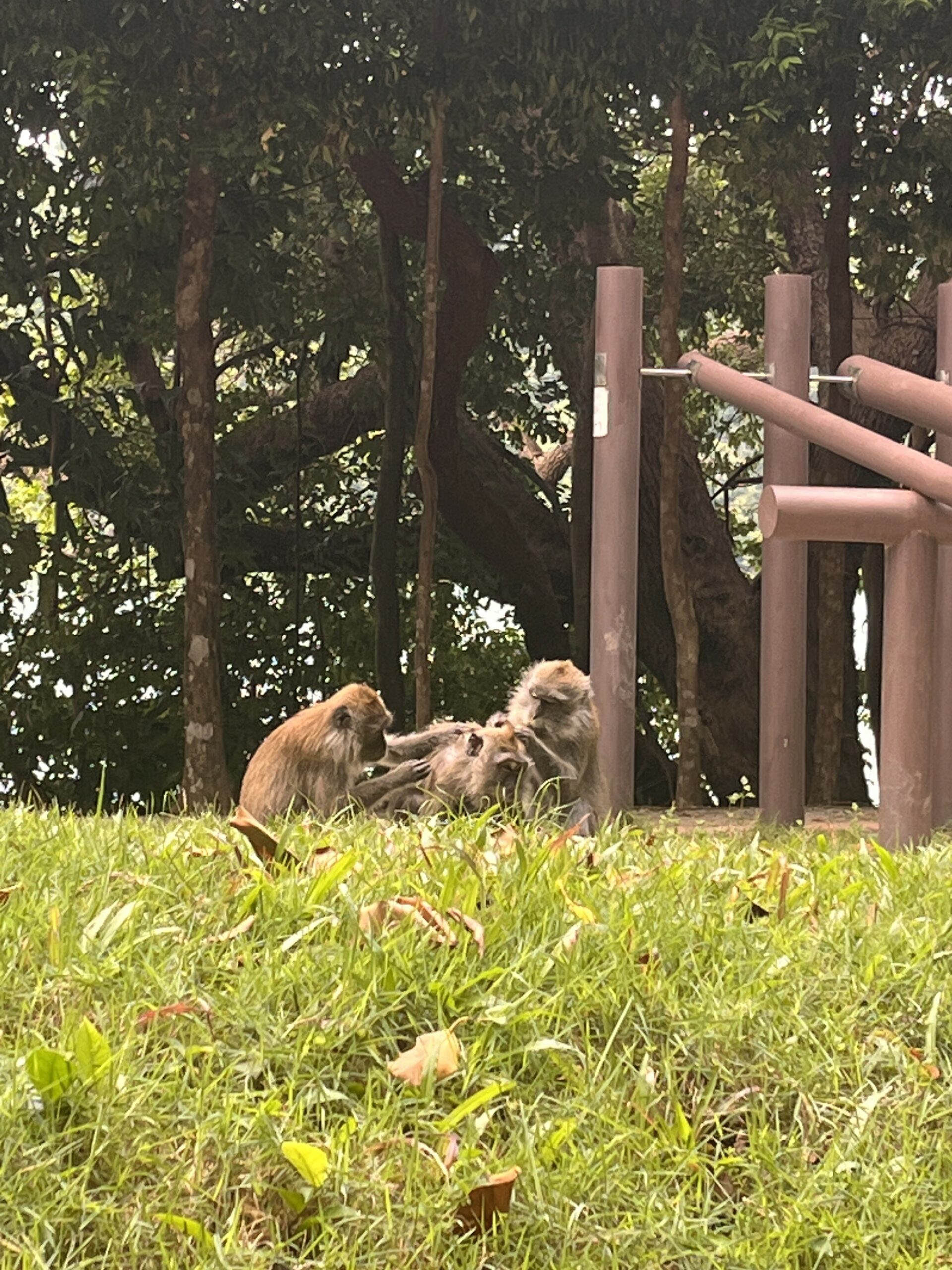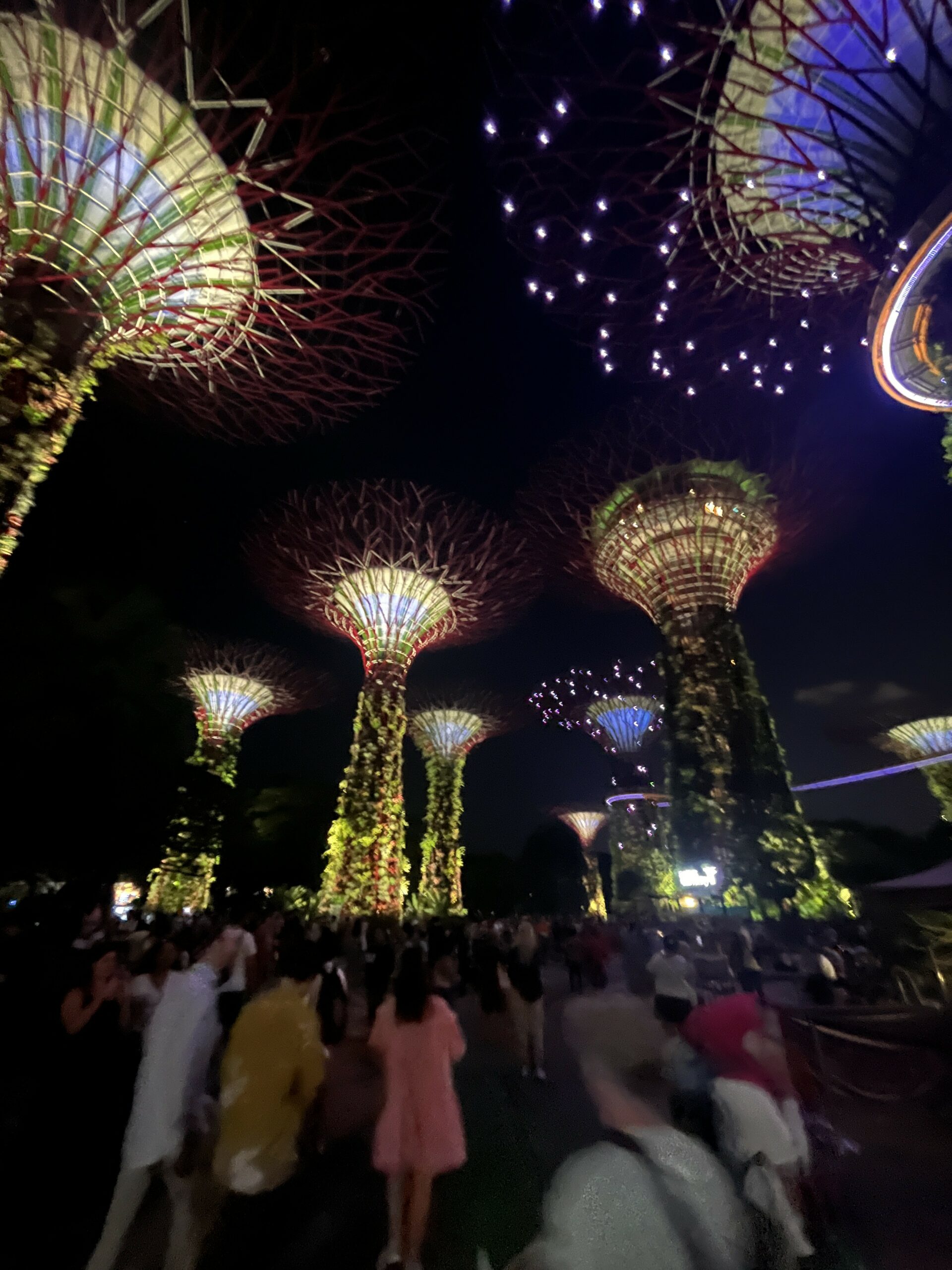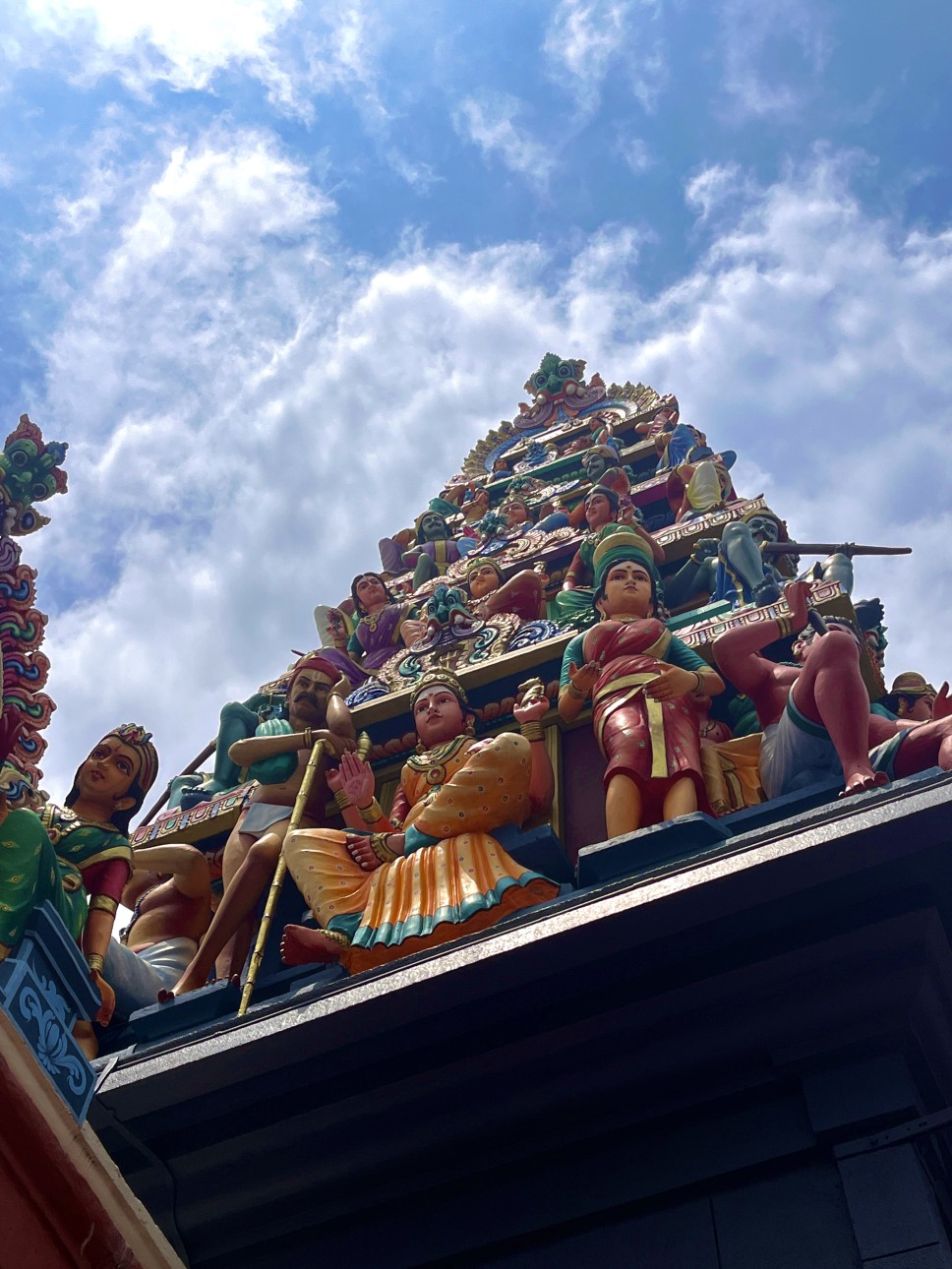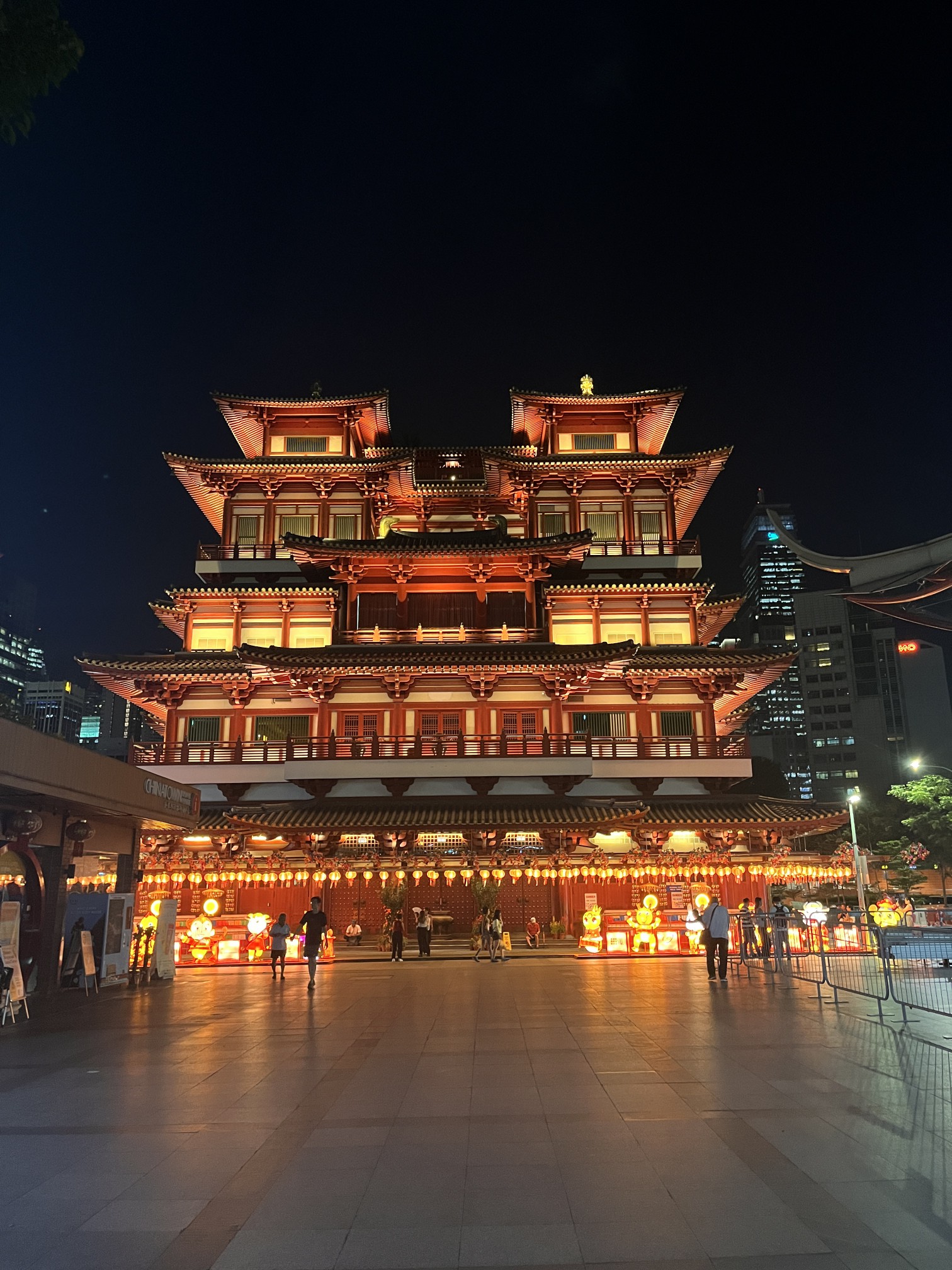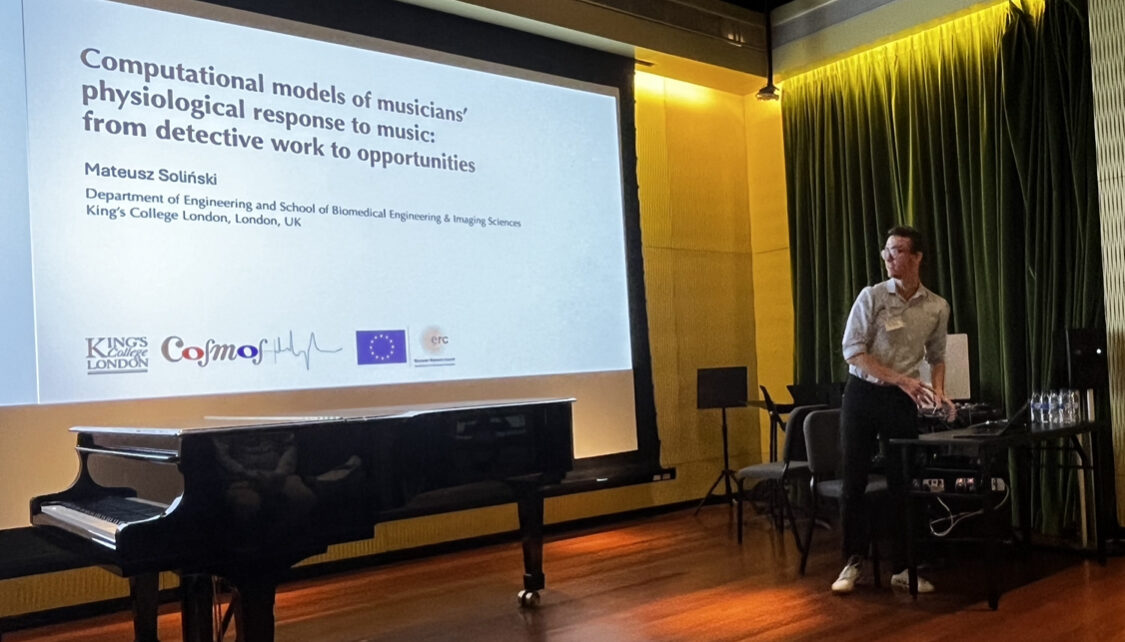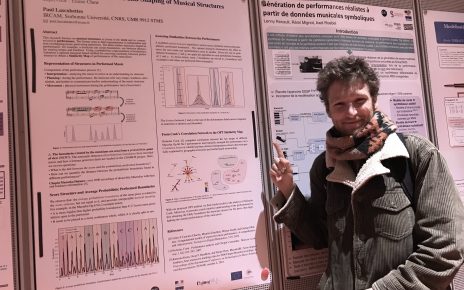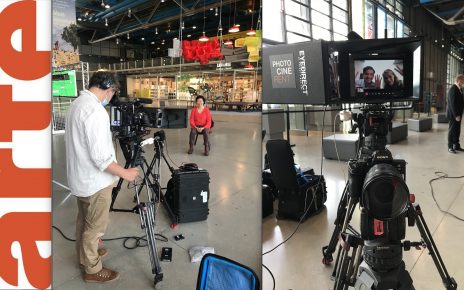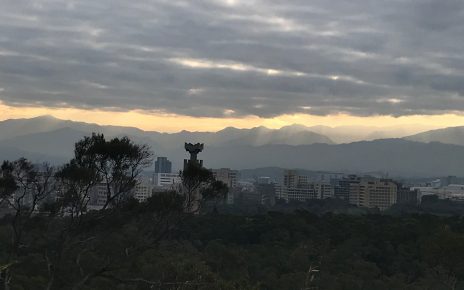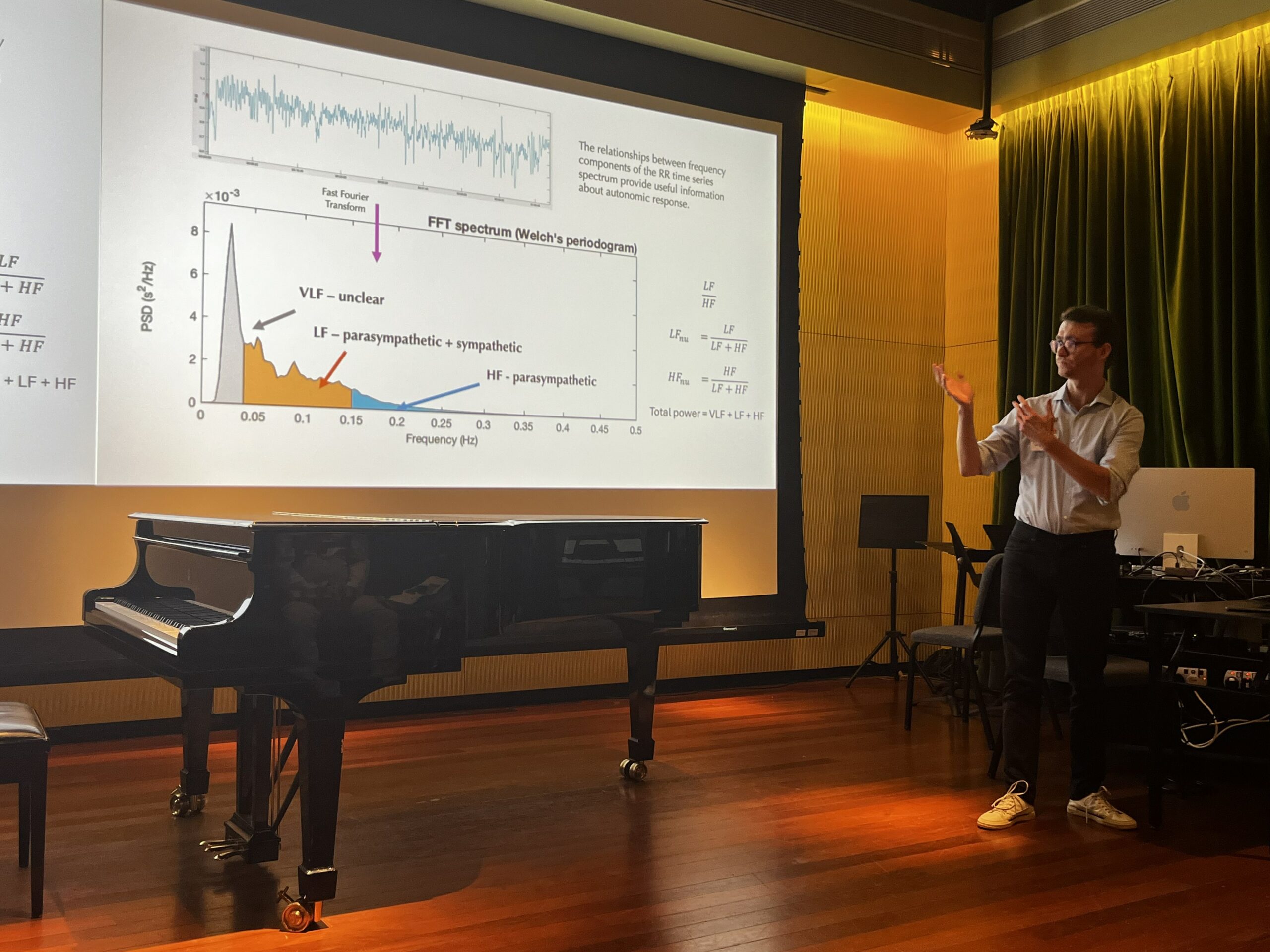
Mateusz Soliński was one of the presenters at the Early Career Researchers Session at the . He gave a presentation entitled: ‘Computational models of musicians’ physiological response to music: from detective work to opportunities’ at the Mathemusical Encounters in Singapore: a Diderot Legacy, held 19-23 February 2024 at the Yong Siew Toh Conservatory of Music.
Computational models of musicians’ physiological response to music: from detective work to opportunities
The influence of music on human physiology is indisputable, particularly on musicians’ physiology. However, modelling physiological response to music is a complex challenge. To understand the interaction between music and the body, we must find appropriate musical features that can predict the physiological signal changes observed. In the initial stages, the modelling task can resemble detective work – one needs to visualise the signals and, step by step, investigate the possible causes of the changes. There are several “false trails” to deal with; for example, some fluctuations in signals may be due to wandering minds or shifting body postures. I shall describe a few computational methods for creating descriptive models of performers’ physiological responses to playing music. The problems addressed include data collection and preparation, model selection and music feature choices, and variability between subjects. Specific examples will be shown on analysing performers’ physiology in ensemble playing using techniques such as mixed models and simplex plots to explain how beat-to-beat heart dynamics and heart rate variability change with rehearsals. We also use time delay stability to detect when and how players’ signals synchronise. This is the first time these computational methods are applied to performers’ music and physiology.
Such transparent and explanatory models of physiological response to playing music open new avenues for studying performers’ physiology. They provide new tools to better understand how musicians’ bodies adapt to the challenges of playing music during practice and react to shape musical interpretations.
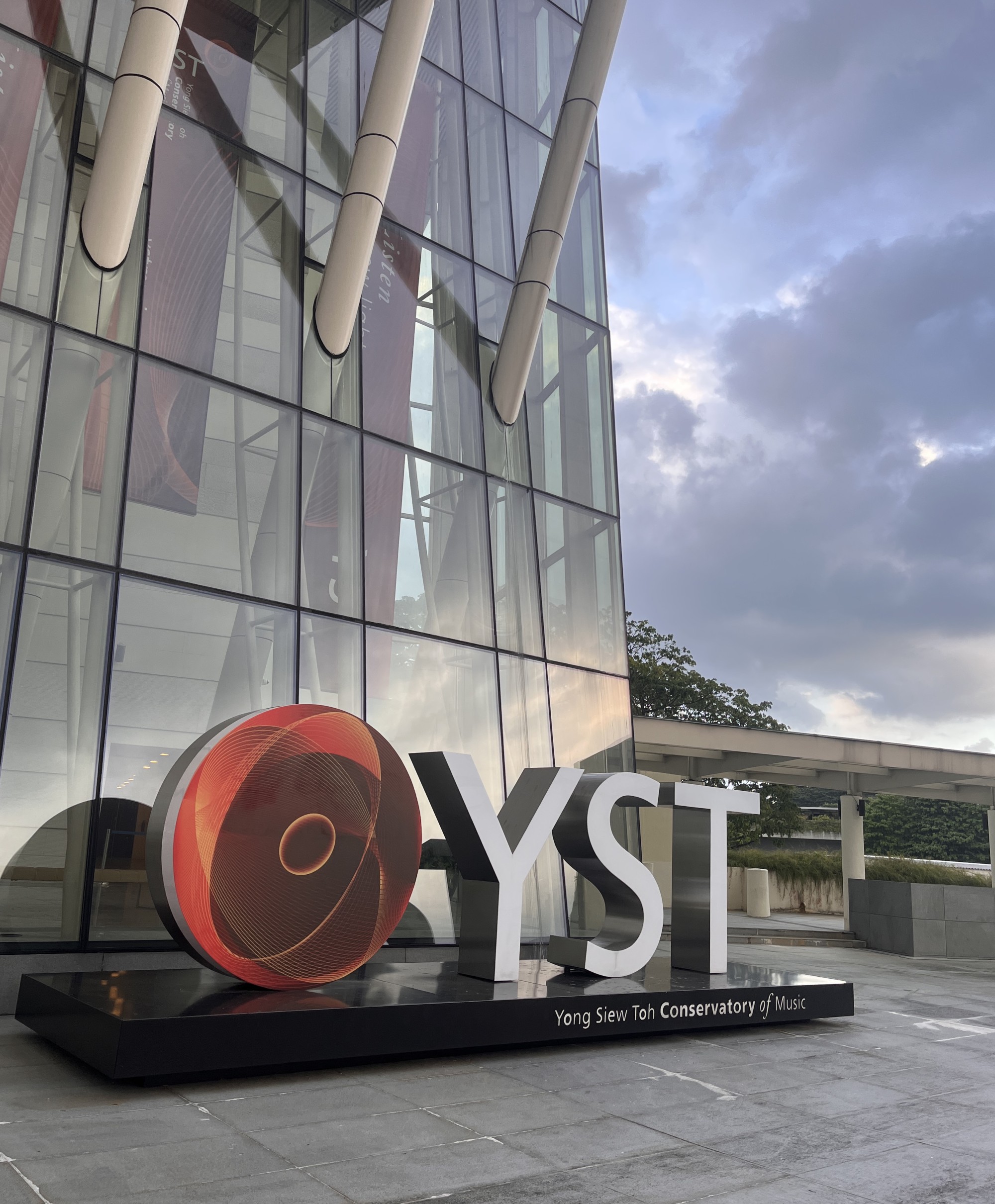
The workshop was an excellent opportunity to share experiences in the fields of music, mathematics or medicine. For five days, researchers from 18 universities and institutes worldwide presented their work in fields such as mathematical and computational approaches, machine learning and music generation, music education, learning and creativity, and computational methods for music physiology and medicine. A great atmosphere was conveyed by special concerts between the sessions, such as recitals by Margaret Leng Tan and Bertrand Giraud and the ‘Mystery Machine’ concert performed by co-organisers and attendees of the workshops (including a performance by Elaine Chew and Gérard Assayag).
The Workshop was also a great opportunity to visit Singapore and enjoy its diversity, nature and taste the delicious food.
